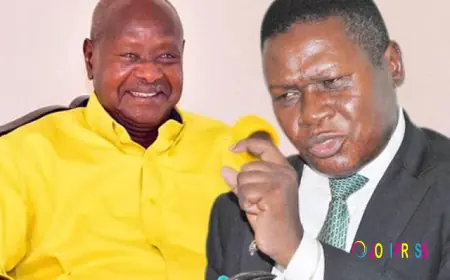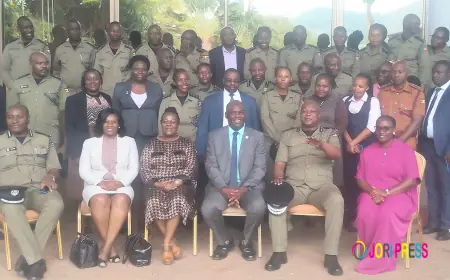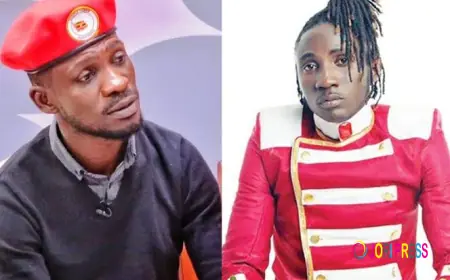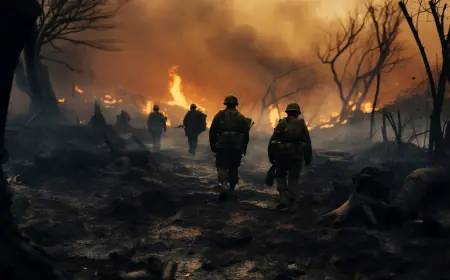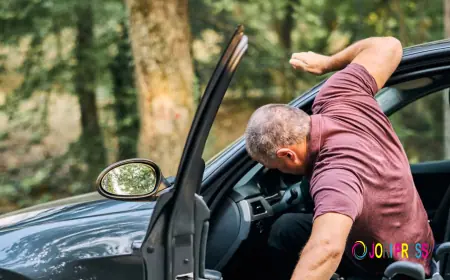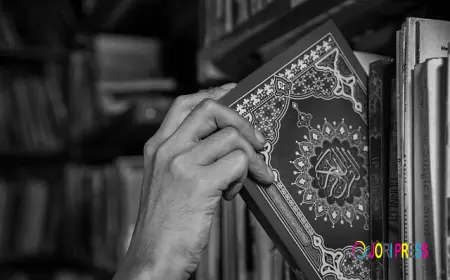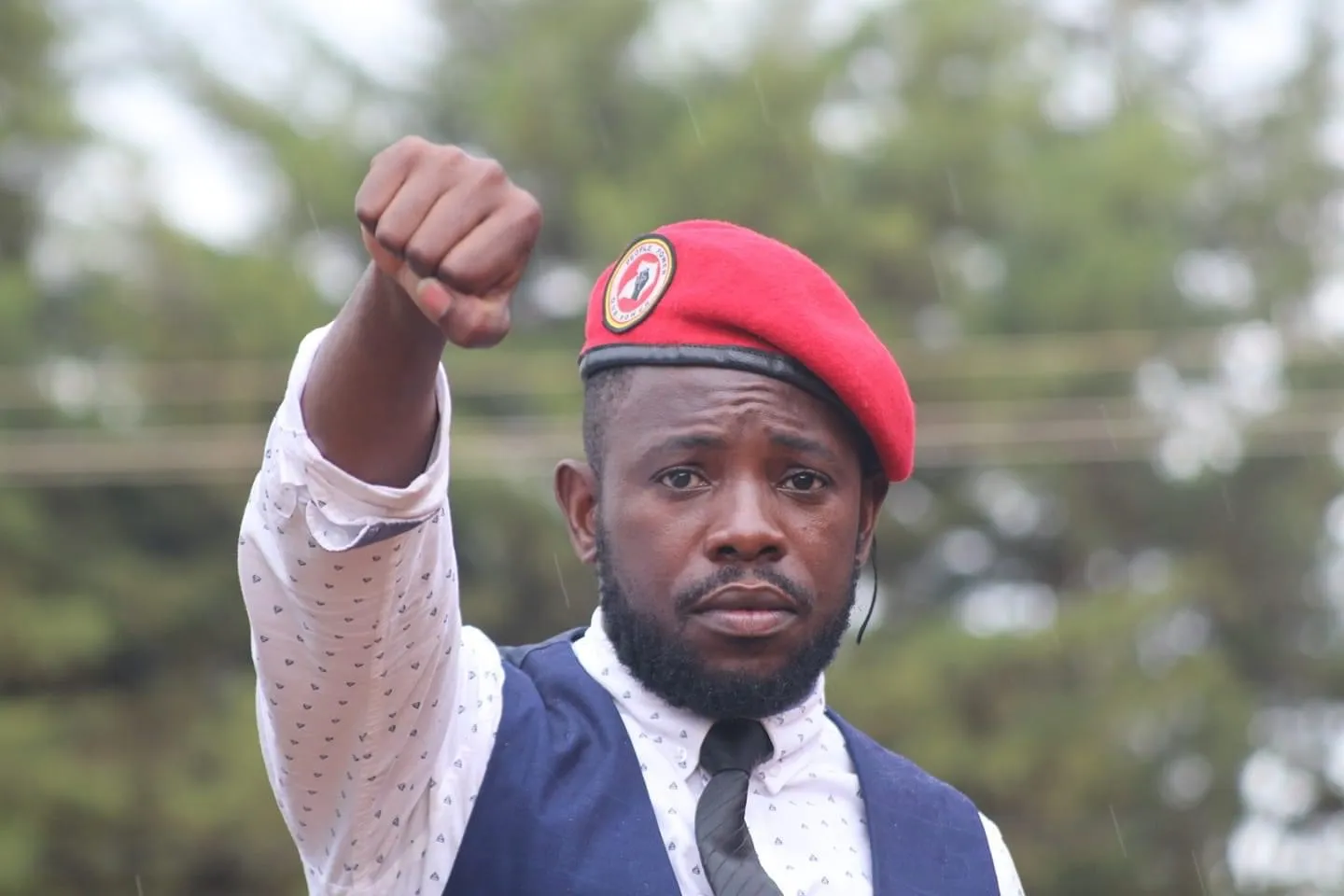Campaigns open with promises, protests and warnings


The 2026 presidential race is officially underway, and if the first week is any indication, Uganda is heading into a bruising campaign season defined by bold promises, long-simmering grievances, and a tightening security grip.
On one side of Kampala last Wednesday, Forum for Democratic Change (FDC) candidate Nathan Nandala-Mafabi stepped onto a makeshift stage in Butabika and pledged nothing less than a revolution in village economics.
Each of Uganda’s 71,227 villages, he vowed, would receive Shs 100 million annually under his administration, a promise that, by his own math, would cost about Shs 7.12 trillion a year.
“Uganda loses Shs 10 trillion every year to corruption,” Mafabi told a modest crowd of supporters.
“We shall recover at least Shs 7.2 trillion and put that money directly into the hands of the people.”
For Mafabi, an economist and long-time legislator, the campaign message is simple: corruption is bleeding the country dry, and the solution is to return stolen wealth to citizens. He contrasted his plan with President Museveni’s Parish Development Model, which allocates money at the parish level but has been dogged by graft.
“I will take resources straight to the villages,” he said, casting himself as the man who can finally fix Uganda’s economy. He went further, promising Shs 1 million for every graduate to tackle youth unemployment, monthly stipends for women and the elderly, and a revival of farmer cooperatives.
As chair of the Bugisu Cooperative Union, one of the last functioning farmers’ organizations, Mafabi leaned on his own record to argue he could do what the state has failed to do: put farmers first. Yet not everyone cheered.
Hecklers shouted “walya” — “you sold out,” a reference to bitter infighting that split the FDC last year, with some accusing party leaders of cozying up to the government. Mafabi chose not to address the taunts, instead focusing on his message of accountability and redistribution.
OLD BATTLEFIELDS, OLD PROMISES
While Mafabi was making his pitch in Kampala, attention was also turning to Luweero, the historic cradle of Museveni’s National Resistance Army (NRA) war. For decades, the president has launched his campaigns there as a nod to the district’s sacrifice during the 1981–86 bush war.
But this year, local leaders in Luweero are issuing a pointed reminder: loyalty has not translated into development. Erastus Kibirango, the district LC5 chairperson, said residents want to see unfulfilled promises finally delivered, from elevating Luweero, Bombo and Wobulenzi to municipalities, to building a long-promised pineapple factory, to fixing the crumbling road network.
“Museveni can only win back hearts if he announces a fresh affirmative program focused on infrastructure,” Kibirango said. Others were blunter.
Woman MP Brenda Nabukenya said land grabbing and forced evictions have left residents disillusioned.
“People have lost confidence in him because he has failed to stop land grabbing,” she said.
The numbers underscore the challenge. In 2021, Museveni polled less than 28 percent of the vote in Luweero, compared to 70 percent for opposition challenger Robert Kyagulanyi, known as Bobi Wine.
The ruling NRM lost all four parliamentary seats. For a district that once symbolized Museveni’s legitimacy, the political reversal is striking.
SECURITY SETS THE TONE
Even as candidates unveil their agendas, the Uganda Police Force is moving quickly to define the boundaries of campaign activity. Each of the eight presidential contenders has been assigned official venues to minimize clashes, and security escorts have been deployed.
But police are already issuing warnings. Assistant Commissioner of Police Kituuma Rusoke cautioned campaign teams against misusing security vehicles or engaging in reckless behavior like supporters riding on top of cars.
“Security vehicles are strictly meant for guarding presidential candidates,” he said.
“Any attempt to use them otherwise will attract serious consequences.” Kituuma also addressed simmering allegations of police bias. Videos of officers defacing posters of opposition candidate Kyagulanyi in Kampala and Mbale have sparked outrage.
He confirmed the officers involved had been summoned for questioning but insisted the force would remain “vigilant, professional and non-partisan.”
The opposition is skeptical. “Campaigns have started, and everyone has the right to engage with people,” said Joel Ssenyonyi, spokesperson for Kyagulanyi’s National Unity Platform (NUP).
“We don’t expect police to hinder us. We expect them to maintain law and order, not act as partisans.”
A SEASON OF HIGH STAKES
The first week of campaigning reveals the contours of what is likely to be a turbulent season. Mafabi’s populist pledges highlight public frustration with corruption and inequality.
Museveni faces the symbolic test of Luweero, where disillusionment cuts deep. Kyagulanyi continues to galvanize younger voters, while smaller parties scramble for relevance. But it is the broader political environment, the role of security forces, the fairness of the Electoral Commission, and the public’s appetite for change — that will determine how this story unfolds.
As the convoys crisscross the country, Ugandans will be weighing promises against lived experience: broken roads, empty factories, crowded schools, and hospitals short of medicine. And in the charged months ahead, the question is not just who will win power in 2026, but whether the campaign itself will deepen trust in Uganda’s fragile democracy, or further erode it.
What's Your Reaction?
 Like
0
Like
0
 Dislike
0
Dislike
0
 Love
0
Love
0
 Funny
0
Funny
0
 Angry
0
Angry
0
 Sad
0
Sad
0
 Wow
0
Wow
0










